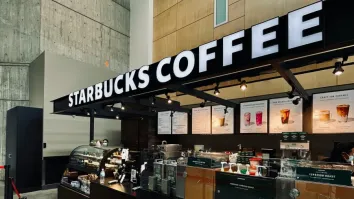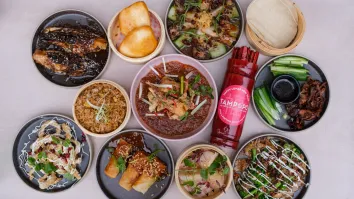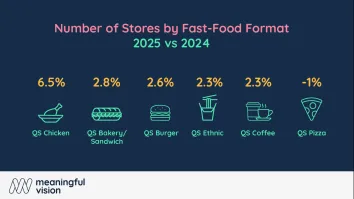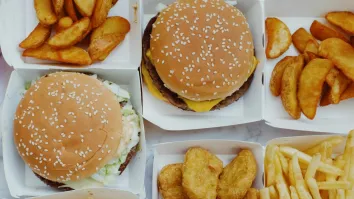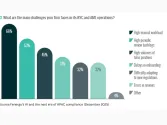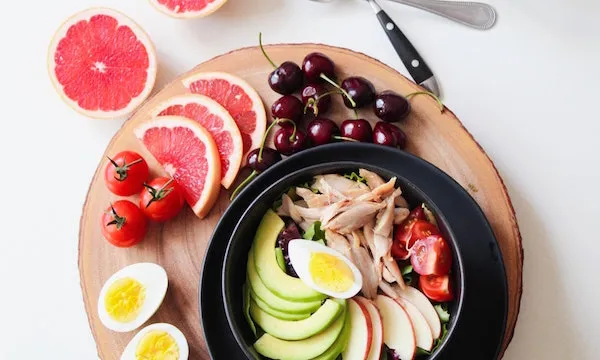
How COVID-19 made the vegan diet more appealing to millennial Brits
Mintel surmises that the pandemic accelerated the plant-based food trend.
The COVID-19 pandemic has also made an impact on what younger Brits are inclined to eat, with a quarter (25%) of young British millennials (aged 21-30) saying that it has made a vegan diet more appealing.
New research from Mintel also revealed that a vegan diet is proving more attractive to over one in ten (12%) of all Brits, rising to almost a quarter (22%) of Londoners, since the start of the pandemic.
The research also indicated a strong belief in the healing power of plants, with half of Brits (51%) also believing that plant/botanical ingredients such as herbs, spices an have medicinal benefits.
“Five a day” is said to be a higher priority, with a quarter (23%) of Brits saying they are eating more fruit and vegetables since the start of the outbreak. Generation Z (aged 20 and under) (31%) and Millennials (21-40) (27%) are also most likely to be keeping their fridges well-stocked with healthy produce.
Overall, almost two in five (37%) Brits say the COVID-19 outbreak has prompted them to add more nutrients that support the immune system to their diet, with two thirds (66%) believe consuming vitamin C helps support that.
“People want the world to change for the better right now and they are searching for ways to show compassion. For consumers struggling to know how to make a positive difference, cutting out animal protein may be seen as a way of tackling the climate crisis, showing compassion for nature, and boosting their own nutrient intake,” Mintel food & drink associate director Alex Beckett said.
“Even before the spread of COVID-19, we were seeing a growing interest in plant-based food and drink across global markets. It may well be that the pandemic is accelerating this trend. For example, in China, we’ve seen skyrocketing sales of the new plant-based meat options in KFC and Pizza Hut.”
Whilst many Brits are venturing outside the home again, Mintel says the lockdown may have had a “lasting impact” on their eating habits, with 37% of consumers believing that people will buy long-life food and drink such as UHT milk or tinned food more often as a result of the COVID-19 outbreak, rising to almost half (47%) of Gen Z and Millennials (45%).
Meanwhile, one in seven Brits (17%) has been eating more tinned food since COVID-19, rising to a quarter (25%) of Gen Z and one in five (21%) Millennials.
Almost seven in ten (69%) Brits also say the outbreak has encouraged them to waste less food at home.
Mintel research also revealed that the virus has created a long-term interest in cooking and baking, with more than half (55%) of the nation say they plan on cooking more from scratch post-COVID-19 than they did before.
“Before the outbreak, younger people generally opted for convenient, fresh food that didn’t take long to prepare. But under lockdown, with more time at home and no restaurants or cafes open for business, long-life food has had clear advantages,” Beckett explained.
“It doesn’t take up precious fridge space and lasts a good while, making it suitable for quarantine-living and resulting in fewer shopping trips. It’s affordable, often nutritious, and, in the case of tinned veg or fruit, suits our rekindled fondness for cooking from scratch.”


